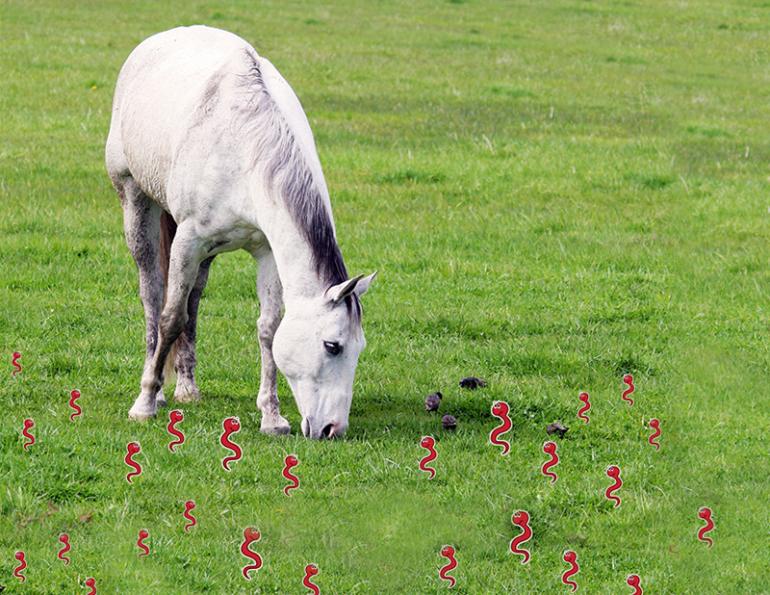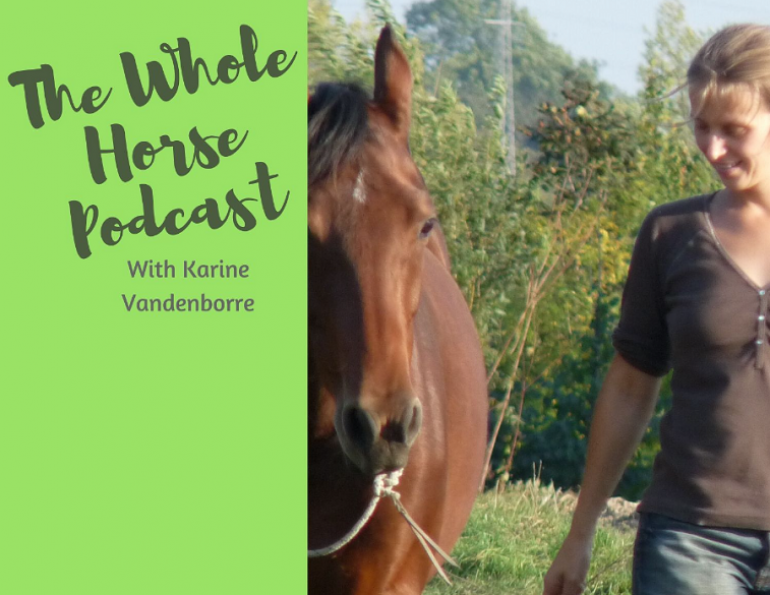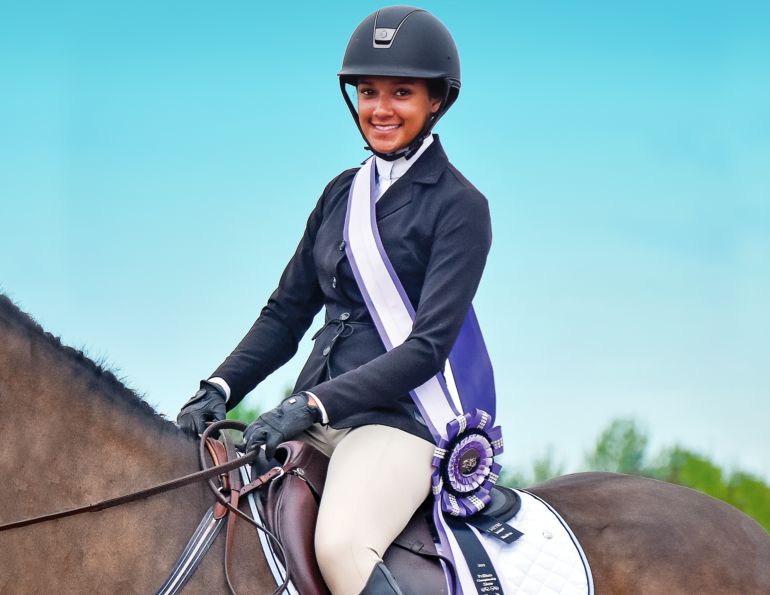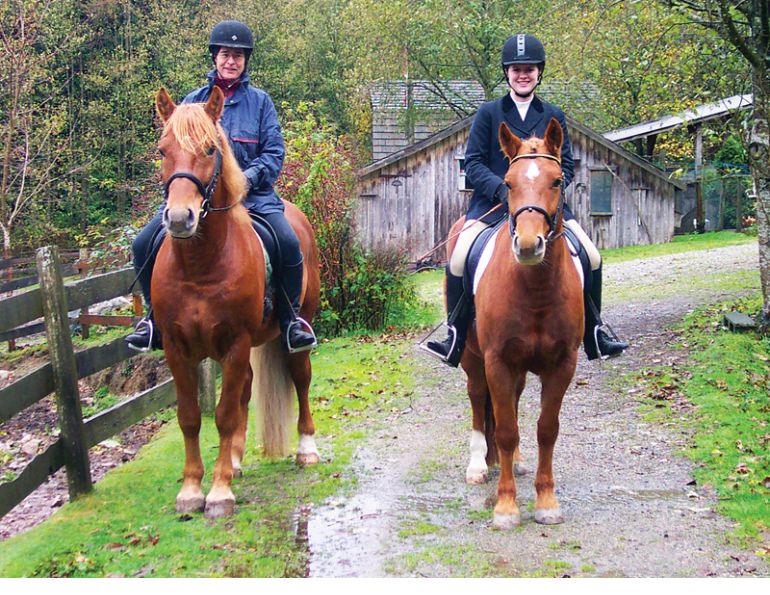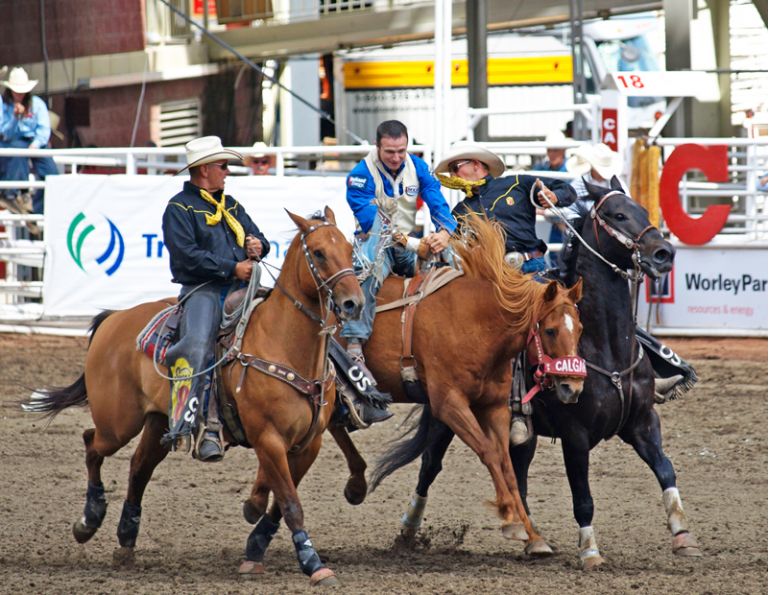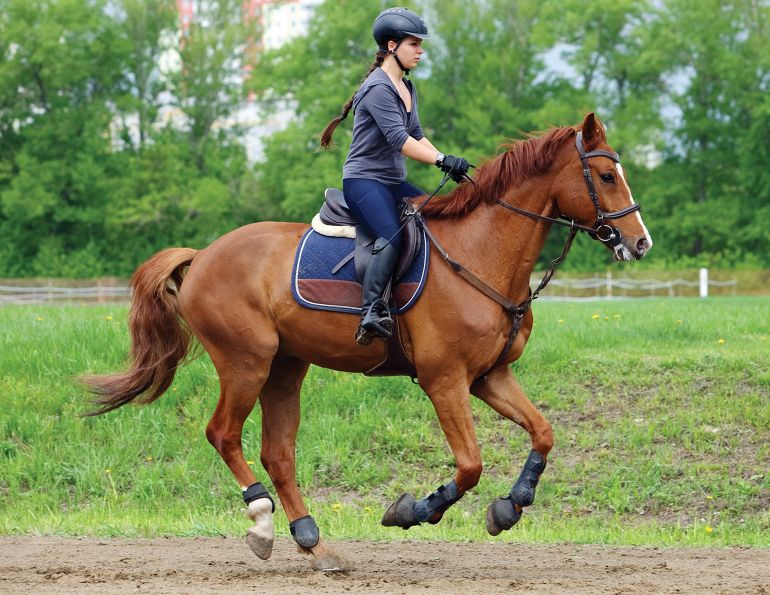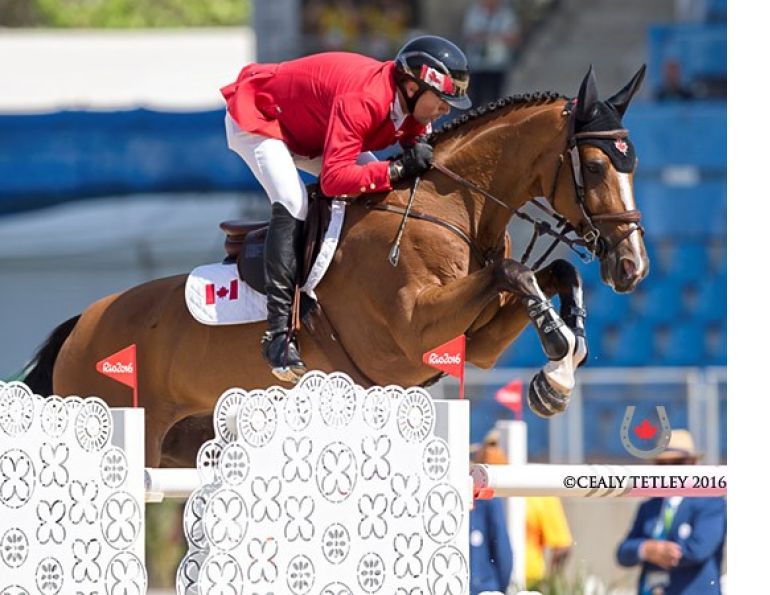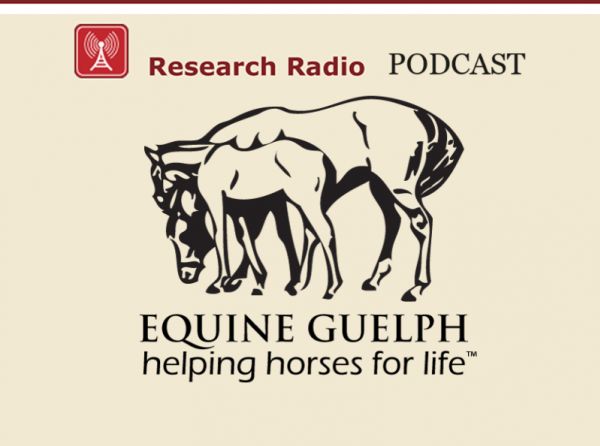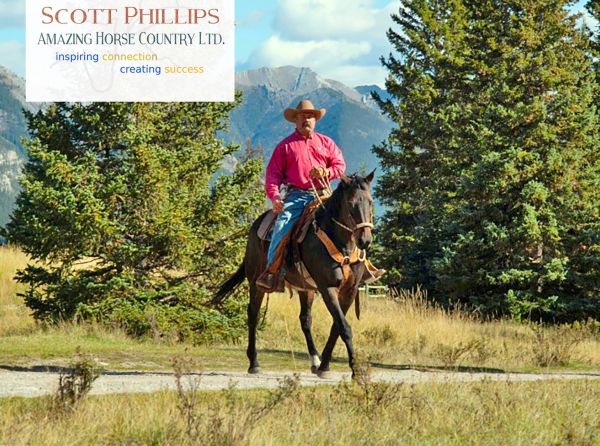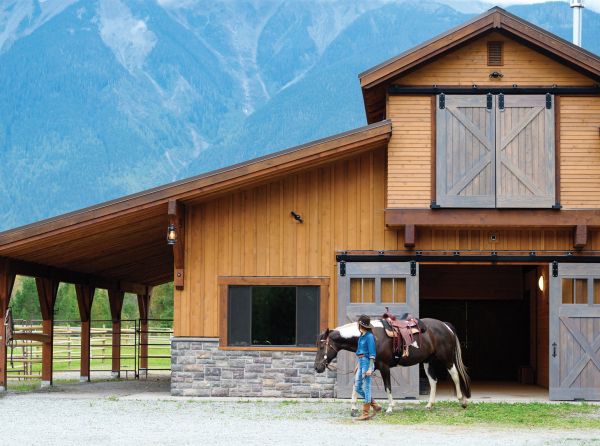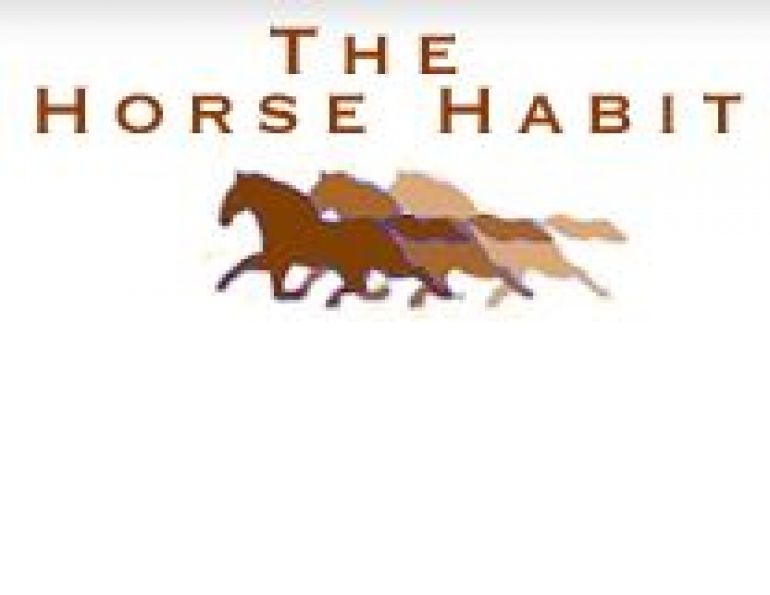By Margaret Evans
In 1968, show jumping trio James Day, Jim Elder, and Thomas Gayford surprised the world by putting Canada on the podium when they won Canada’s only gold medal at the Summer Olympic Games in Mexico City. It was the first time Canada had ever entered a team in the show jumping and, going in, the Americans, Germans, and British were the favoured medal contenders.
James E. Day was born in 1946 in Thornhill, Ontario. He joined the Canadian Equestrian Team in 1964 and won the individual championship at Harrisburgh, Pennsylvania. Two years later, he tied the record high jump of seven feet one inch at New York’s National Horse Show. In 1967, he took individual gold and helped bring home team bronze at the 1967 Pan American Games. Riding Canadian Club at the Olympic Games in 1968, Day was part of the gold medal-winning show jumping team. He was named Canada’s Horseman of the Year three years in a row from 1966 to 1968. He was a member of the World Prix des Nations team in 1970, and in 1973 he won the North American three-day-event title.

Jim Day in his second career as a Thoroughbred racehorse trainer. Photo: Michael Burns Photography
As much as Day was a superb rider, he excelled as a trainer. In 1971 he began working for Ernie Samuel who founded Sam-Son Farm. Thoroughbred racehorses trained by Day won two American Eclipse awards, Canadian Horse of the Year honours five times, the Queen’s Plate twice, the Breeders’ Cup Distaff, and the Canadian Triple Crown in 1991 with the filly Dance Smartly, also named Canadian Horse of the Year. He was named the Sovereign Award winner four times as Canada’s top trainer.
James Day was inducted into the Canadian Olympic Sports Hall of Fame in 1971.
Robert James (Jim) Elder was born in Toronto in 1934 and started competing in eventing at age 16. Six years later at the 1956 Summer Olympics, he won a team bronze medal for Canada in that discipline. In 1959 at the Pan American Games, his three-day event team took the gold medal; on that team were his brother Norman, and Tom Gayford. At the 1960 Summer Olympics he and his brother were eliminated after their teammates failed to complete the eventing course.

Jim Elder in 1961 at the National Horse Show.
Elder then switched to show jumping, but Canada did not send an eventing or jumping team to the 1964 Summer Olympics. At the 1967 Pan American Games, Elder with teammates Gayford and Jim Day brought home the team bronze, qualifying them for the 1968 Summer Olympics where, riding The Immigrant, he and his teammates brought home the gold.
In a 2016 interview for Global News, Elder recounted the bumpy road to the 1968 Olympic Games in Mexico, explaining that they had to fundraise to fly their mounts to Mexico City in a plane that “didn’t quite work.” Says Elder, “The first plane that came in, we couldn’t even get the horses through the door.”
.

Jim Elder with The Immigrant at the 1968 Mexico Olympics. Photo courtesy of Equestrian Canada
Of the Olympic jump course, he says some of the best horses couldn’t get around because the course designers made it so difficult. “You are standing there before you go in and you can feel the horse’s heart just pounding.” But the team prevailed to bring the gold medal home to Canada and capture the world’s attention.
At the 1970 World Championships and the 1971 Pan American Games, Elder helped his team win two more gold medals. He continued to compete and attended the Olympic Games in 1976 and 1984, but his last major win came at the 1983 Pan American Games with individual silver and team silver medals.
Due to the Canadian boycott he missed the 1980 Games in Moscow, but won team gold at the alternate games in Rotterdam (1980).
Elder has won numerous other classes and championships in Canada, the US, Brazil, Venezuela, South Africa, and Australia.
Passionate to give back and help others, he is an Honorary Patron and board member of the Community Association of Riding for the Disabled in Ontario, active in the Canadian Therapeutic Riding Association, a founding member of the Toronto Polo Club, and has worked with Big Brothers of York Region.

Jim Elder (white pants, green shirt) coaching riders at the Ballycroy Equestrian Centre for Tottenham Equestrians in Ontario.
In recognition of his incredible achievements, Elder was inducted into Canada’s Sports Hall of Fame in 1968, The Canadian Olympic (1971) and Canadian Eventing Hall of Fame (2009), and Jump Canada Hall of Fame (2010). In 1983, he was honoured with the Order of Canada for his contribution to equestrian sports and his humanitarian causes. In 2003, he was inducted into Canada’s Walk of Fame.
Thomas Gayford was born in Toronto in November 1928. He was a member of the Canadian jumping team and an outstanding international competitor from the late 1940s to the early 1970s when he became a team coach.

Thomas Gayford at the National Horse Show in New York City in 1964.
Gayford first represented Canada in the three-day event at the 1952 Summer Olympics in Helsinki, Finland. This Olympic event marked a huge change in the demographics of competitors as prior to 1952, Olympic equestrian competitors were officers riding in uniform. In Helsinki, over 50 percent of riders were civilian and it was the first Olympic event in which women were allowed to compete in equestrian events.
In 1959, Gayford was on the three-day-event team that won gold at the Pan American Games in Chicago. Then in 1968, Gayford, riding Big Dee, and his teammates Day and Elder shocked the world by winning show jumping gold at the Olympic Games in Mexico City.
In a 2016 Global News interview, Gayford described the feeling of competing before 100,000 screaming fans for the team that was used to competing at smaller horse shows. “There’s a buzz. If you ever looked up at the crowd, you were cooked, just hypnotized.” The Olympic show jumping course he described as daunting, with three giant jumps in a row. “That was the whole key, to come through there alive.”
Gayford went on to captain the gold medal-winning 1971 Pan American Games team, was three times individual high jumping champion at the New York National Horse Show, and in 1972 he claimed the National Horse Show jumping title. Soon after, he retired from competition when his horse, Big Dee, was mysteriously attacked, but remained actively involved as a coach, judge, and course designer.
In 1976, Gayford designed the show jumping course for the Montreal Summer Olympics, and from 1978 to 1996 he served as chef d’équipe of Canada’s show jumping team.
Main Photo: The Canadian Show Jumping Team: Jim Day on Canadian Club, James Elder on The Immigrant, and Tom Gayford on Big Dee, at the 1968 Olympics in Mexico City. Courtesy of Equestrian Canada




